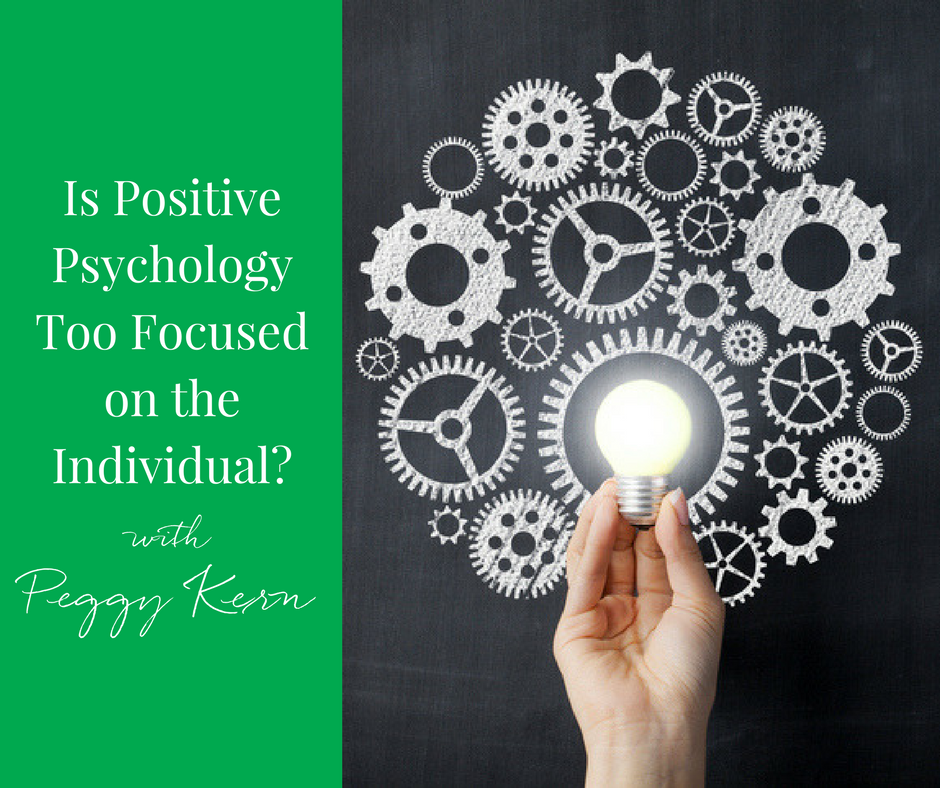It's been awhile since we've posted. Christine was a great loss to the project and me personally. Three papers we had been working on stalled. However, over the past few months, I have found myself presenting and talking on this topic a lot. I had the opportunity to attend a systems conference in July, and a workshop in September. I have talked with people in systems science and positive psychology. I presented the perspective in China, providing further food for thought. Through all of this, my thinking is evolving, changing, being refined. While I have little to show for it has this point, I think it has been an important period to let our early ideas germinate.
As part of this, I have decided that our initial name, positive systems science, is not quite right. It seems like across areas, the word positive has been applied (e.g., positive education, positive organisational scholarship, positive humanities, positive health), and that connects it to positive psychology. We followed the same path. But we aren't simply suggesting that the positive perspective should be applied to systems science. Rather, it is a shift in positive psychology itself - an evolution, that moves it beyond the individual, beyond simple, linear, reductionistic models. It embraces complexity, multiple perspectives, and multiple realities. It is dynamic in nature.
As such, I have decided to call this new areas Systems Informed Positive Psychology (SIPP). That's my working title at least. I still have to convince my collaborators of this name. What do you think?
We have some big plans to come for the project, including several papers, practical tools, approaches to measurement, and more. I plan to start a SIPP interest group, so stay tuned for details on how to sign up and get involved.
Written by Peggy Kern
As part of this, I have decided that our initial name, positive systems science, is not quite right. It seems like across areas, the word positive has been applied (e.g., positive education, positive organisational scholarship, positive humanities, positive health), and that connects it to positive psychology. We followed the same path. But we aren't simply suggesting that the positive perspective should be applied to systems science. Rather, it is a shift in positive psychology itself - an evolution, that moves it beyond the individual, beyond simple, linear, reductionistic models. It embraces complexity, multiple perspectives, and multiple realities. It is dynamic in nature.
As such, I have decided to call this new areas Systems Informed Positive Psychology (SIPP). That's my working title at least. I still have to convince my collaborators of this name. What do you think?
We have some big plans to come for the project, including several papers, practical tools, approaches to measurement, and more. I plan to start a SIPP interest group, so stay tuned for details on how to sign up and get involved.
Written by Peggy Kern

 RSS Feed
RSS Feed